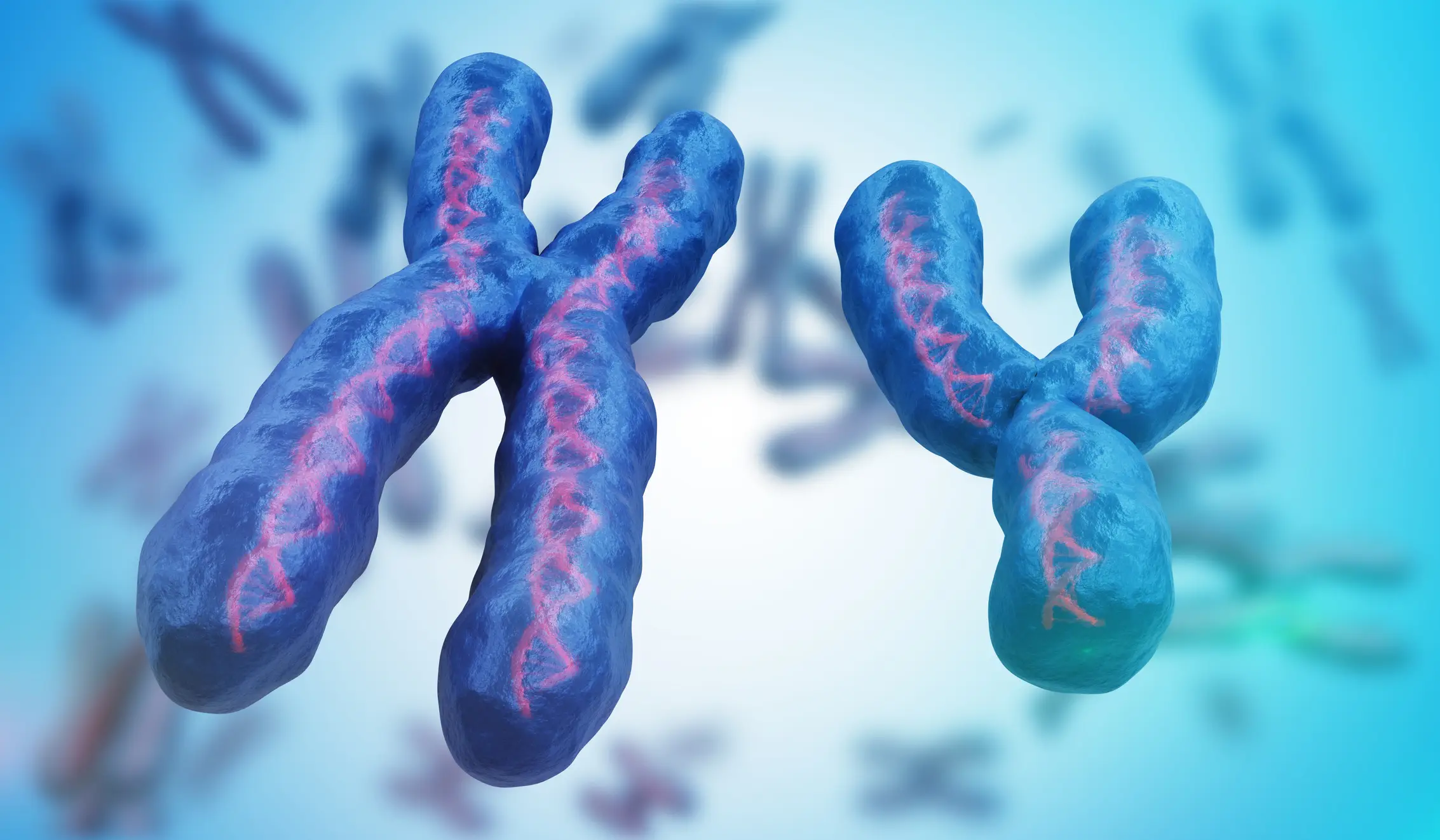
It's no secret women typically live longer than men - but according to science, it could be because it's wired into our genetics.
For hundreds of years, women have outlived their male counterparts in every corner of the world and throughout history as we know it. Every country, every community, women consistently boast a survival advantage, so much so that a study said 'there may be no more robust pattern in human biology' than this fact.
Currently, the average global life expectancy sits at around 73 years for women and 68 years for men.
In the US, the CDC estimates that this is higher, with women enjoying an average life expectancy of 81.1 years, almost six years more than men's 75.8 years.
Advert
The reason why women typically get more days around the sun has stumped society throughout the ages, with consensus settling on the unsubstantiated theory that men are more likely to put themselves in harm's way or abuse their bodies through smoking, drinking, and having a poor diet.

However, this hypothesis doesn't explain why the animal kingdom also exhibits the same disparity, with female mammals, such as chimpanzees, baboons, gorillas, and orangutans, often outliving the males. And it's not very often you see monkeys of any sex sharing a cigarette.
Although our human bad habits can jeopardise our health and therefore the time we have on the planet, scientists in Germany claim they've finally found out why women seem to have an ingrained upper hand... or at least a partial piece of the puzzle.
The team, who published their study in the journal 'Science Advances', say it's all to do with something called the 'heterogametic sex theory'.
Men, whose chromosomes are X and Y, are known as the 'heterogametic sex' because they have one chromosome of each type.
Meanwhile, women have two X chromosomes, which, according to the theory, doesn't mean they have any immortal superpowers, but rather that they are at a genetic advantage since it protects them from harmful mutations, with the extra X chromosome acting as a sort of backup.

As for men, their XY chromosomes mean they are potentially more vulnerable to diseases and harmful genetic mutations, ultimately resulting in an earlier death on average.
Doctor Fernando Colchero, study author at the Max Planck Institute for Evolutionary Anthropology in Leipzig, told The Daily Mail: "We believe that the heterogametic sex is partially the answer.
"We found that there are factors which are tightly linked to our evolutionary history that contribute as well."
"Basically, if you have two copies of the same genes [like XX] it's better than one," study author Doctor Johanna Stärk at the Max Planck Institute for Evolutionary Anthropology also told the outlet.
However, there were also some 'exceptions', according to Colchero, as he told New Scientist that the data similarly suggests that mating selection can have an impact, as female animals will invest in traits more likely to succeed in long-term survival, like body size, for example.
"In theory, those are very costly to produce and maintain, while they are also linked to a higher tendency of males to fight to monopolize females," Colchero said.
It was also found that females tended to focus more on raising their offspring, which also led to them living longer.
But while female birds of prey were 'larger' and more protective of territory and still living longer, Stärk says, it is still a 'mystery', but it doesn't appear to be changing anytime soon.
Topics: Science, World News, Health, Life